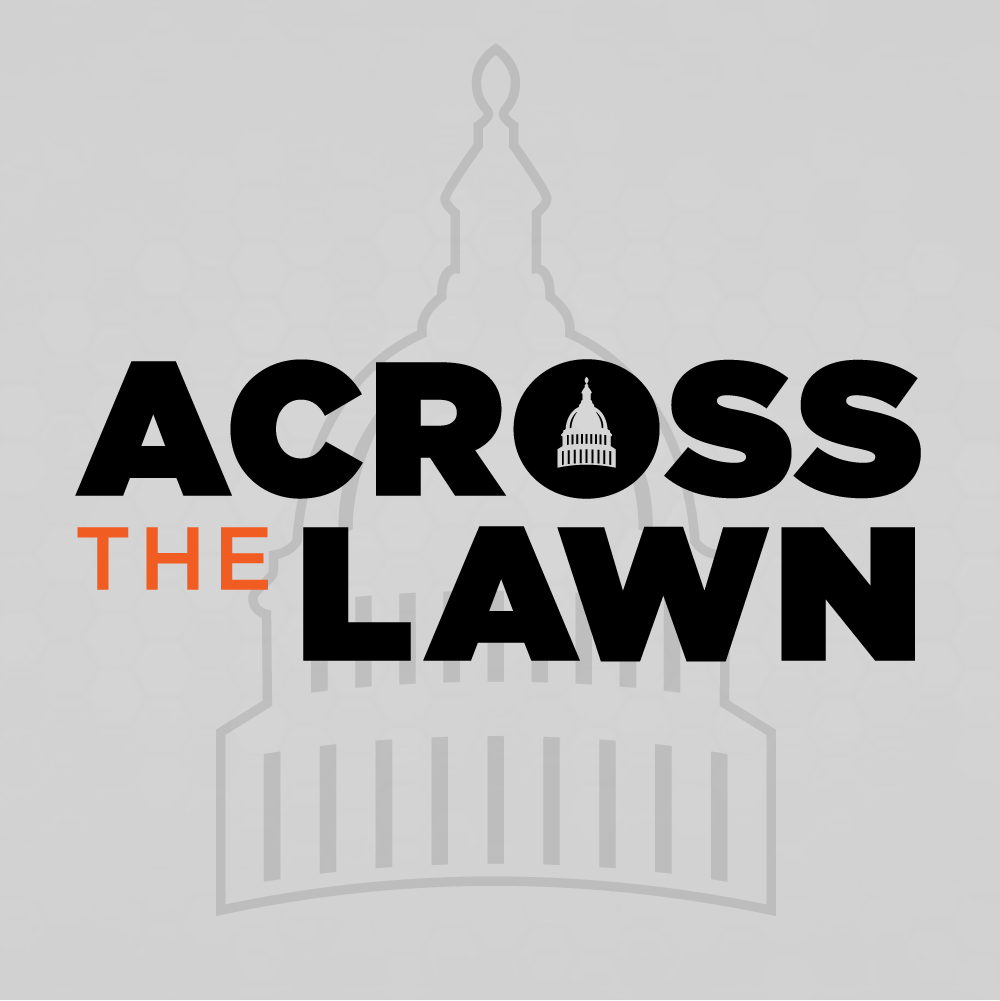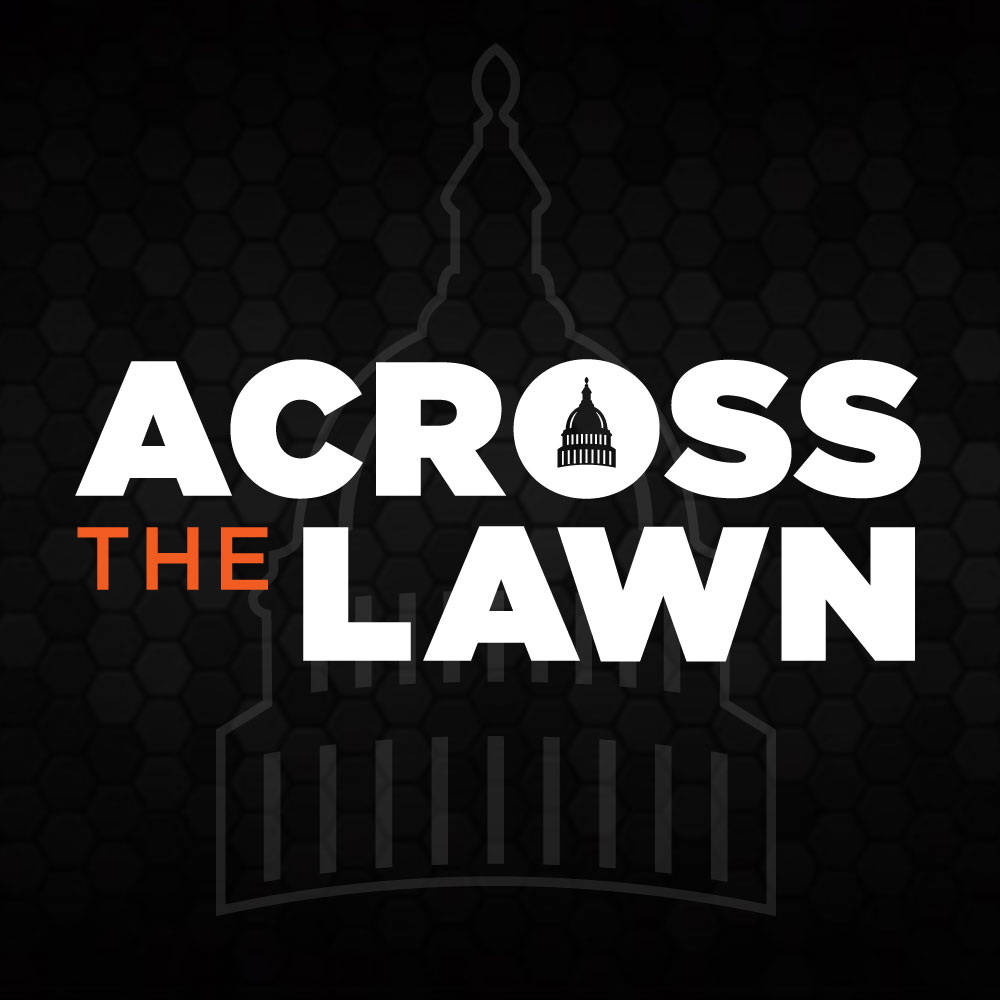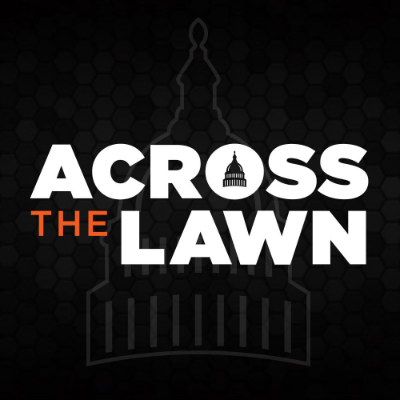
categories
Across the Lawn April 2, 2021

April 02, 2021
87th Legislative Session Weekly Update | Friday, April 2, 2021
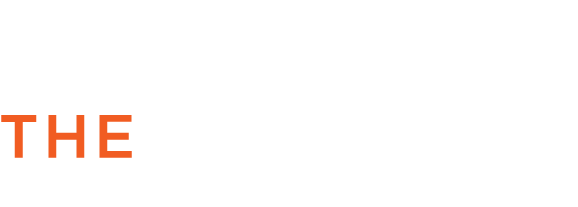
The FIVE Things to Know and ONE Thing to Do
Welcome to Across the Lawn, Issue 13.
The twelfth week of the 87th Legislative Session has come to a close. Check out our one thing to do and five things to know.
Raise Your Hand Texas has a front-row seat to the 87th Legislature (we can see the Capitol across the south lawn). From our vantage point, public education policy issues have never been more important. This weekly session update will keep you informed and engaged.
The One Thing to Do
Send a thank you to Appropriations Chairman Greg Bonnen and subcommittee Chairman Terry Wilson for their work on the House budget. By maintaining the language in the rider by Representative Geanie Morrison, they moved us one step closer to ensuring federal stimulus money intended for public education will remain in public education.
Four Things to Know:
1. State Budget Discussions Continue
Both the Senate and House are one step closer to finalizing their versions of the next two-year state budget. The members of the Senate will likely debate their draft of the budget next week on the Senate floor. The members of the House will follow about a week or two later. And then, five members from each chamber will meet in a conference committee to iron out any differences.
As far as public education funding is concerned, both the Senate and House versions fully fund our current system, including the programs passed last legislative session under HB 3.
The issue related to federal stimulus funding, however, remains unresolved. Neither the Senate nor House is using their current version of the budget to appropriate the second or third round of K-12 federal stimulus funds, totaling $17.9 billion for public education. This leaves Texas schools wondering not only how much federal stimulus will flow to help with learning loss and other COVID-19 related issues, but when it will be available to help.
The House version does contain language (a rider) added by Representative Geanie Morrison, stipulating that federal stimulus dollars intended for public education should go to public education and not reduce any state funding. Currently, there is no similar language in the Senate version of the budget.
2. House Public Education Committee Discusses Remote Learning
The House Public Education Committee met for one of its longest hearings of the session on Tuesday. The 18 bills discussed ranged from remote and virtual learning to public school accountability ratings and campus and district interventions.
Raise Your Hand Texas’ David Anderson testified in favor of Rep. Keith Bell’s remote learning bill, HB 1468. The bill provides funding for remote public school instruction to students in a school district’s attendance area.
Raise Your Hand believes it’s crucial that any school offering remote learning also provides access to in-person services as needed. We should not replicate the poor performance of the statewide full-time virtual programs that often enroll students hundreds of miles away.
3. House Public Education Committee Votes Out Rep. Huberty’s School Finance Bill
The “clean-up” bill for last session’s HB 3 was voted out of the House Public Education Committee late Tuesday night. HB 1525 contains numerous technical changes to school funding formulas and extends the deadline for teachers to attend reading academies until the 2023-24 school year. It also allows local schools to decide if they would like to include non-certified teachers in their Teacher Incentive Allotment compensation plans.
4. SB 28 Places More Restrictions on SBOE Approval of New Charters
A committee substitute for SB 28 by Sen. Paul Bettencourt was passed from the Senate Education Committee this week. The bill states public charter schools must be afforded equal treatment under local zoning and land use ordinances. The bill also changes how State Board of Education (SBOE) oversight works related to new charter school applications.
Under current law, a majority of the members of the SBOE can vote against a commissioner’s proposal to grant a new charter application. With the new language, the SBOE could only deny the Commissioner’s proposal with 10 of the members present and voting against the application for five specific reasons, including:
- Sufficient staffing for special education and bilingual students
- Alignment with the TEKS
- Conflict-of-interest or nepotism issues
- Academic or financial actions that led to a school closure or revocation
- Issues with transparency or truthfulness in application
The SBOE is the only elected body overseeing the approval of new charter applications, and we believe elected officials must have oversight of both new charter applications and charter expansions
5. The Future of Remote Learning
Our latest episode of Intersect Ed explores the issue of remote learning. The pandemic has drastically changed what schooling looks like. It has upended instructional models and brought about a myriad of issues regarding the equity and accessibility of online instruction.
Throughout this episode, listeners will learn about the importance of a student-centered remote instruction, funding’s impact on strong district-virtual school partnerships, policies to ensure virtual learning is the best fit for students, and the need for rigorous training and support for students, parents, and teachers.
Upcoming Hearings: The House Public Education Committee posted 38 bills on its agenda for Tuesday, April 6 at 8:00 a.m.
The Senate Education Committee posted 10 bills on its agenda for Thursday, April 8 at 9:00 a.m.
Want to listen to the latest in politics and policy?
Subscribe to the Intersect Ed podcast.
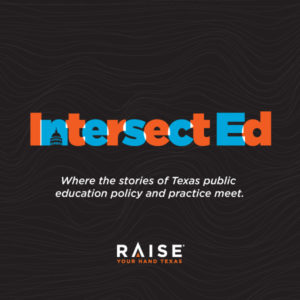
Want to look into the future of public education?
3 simple ways to get the scoop, get engaged, and get connected.

